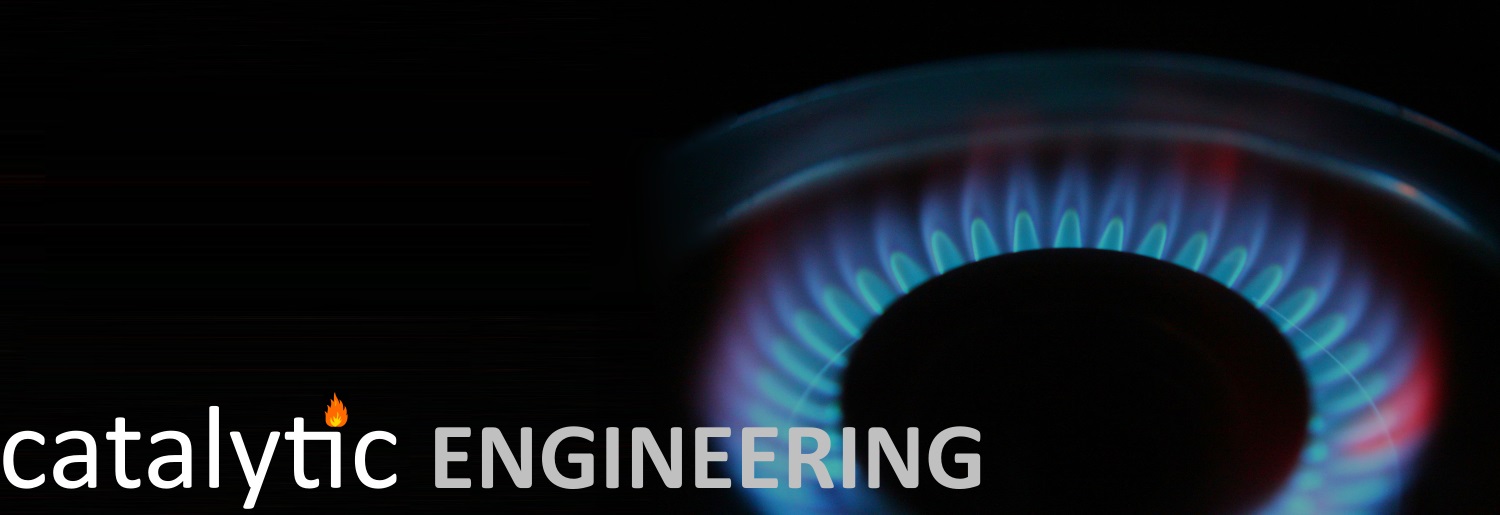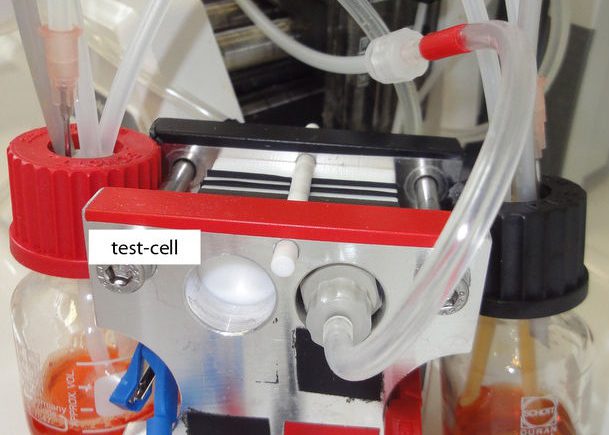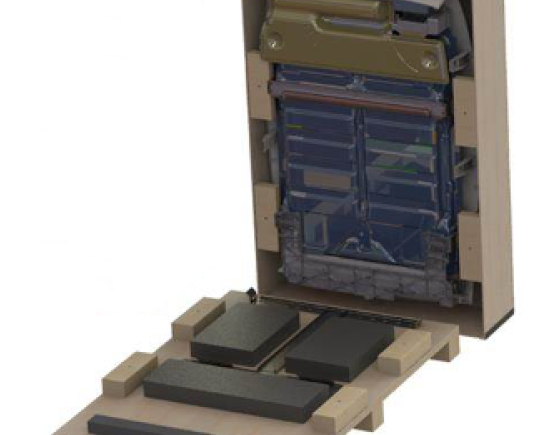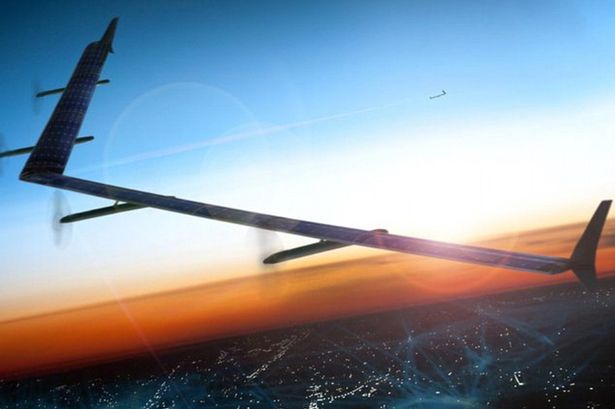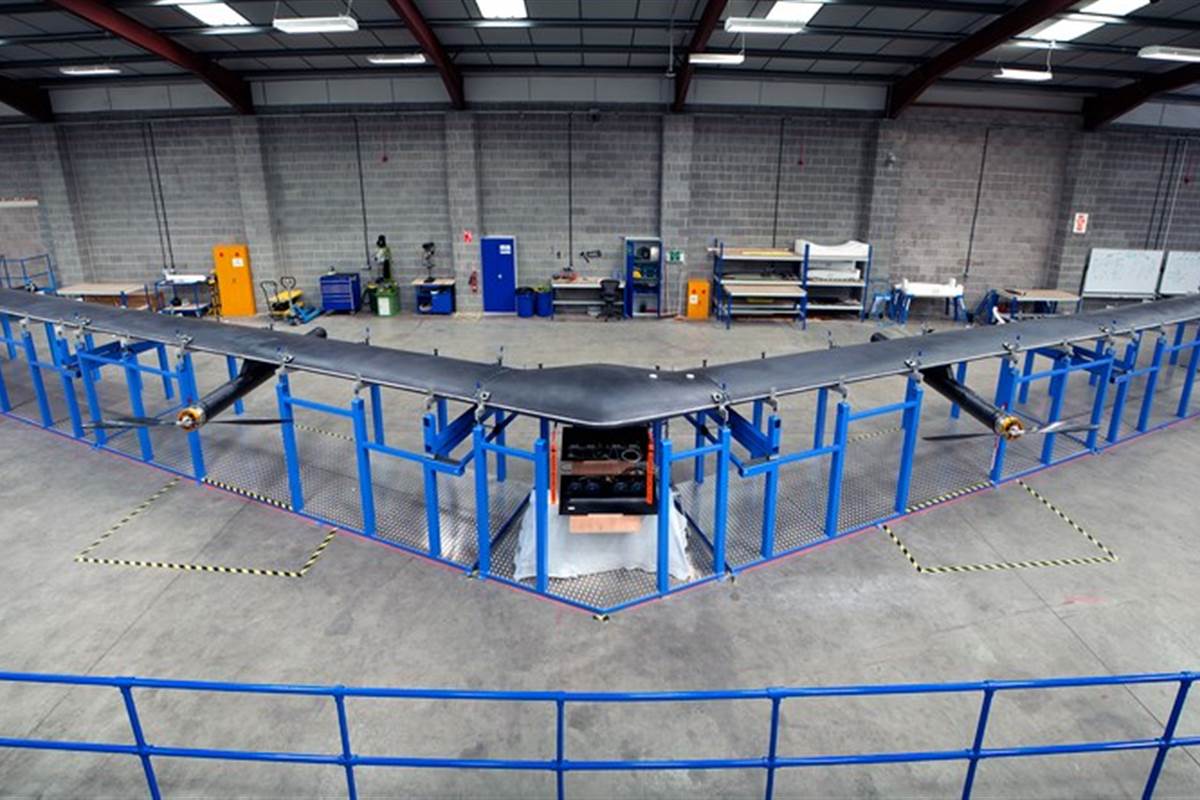The fascinating “brine4power” energy storage project was just announced in June 2017 by German energy company EWE Gasspeicher (natural gas storage specialist). It’s a massive flow battery, using underground salt caverns to store the positive and negative electrolytes. It’s basically a standard flow battery scaled up enormously .
EWE has made a big deal about how the electrolytes are creating by dissolving the salt in water, and forming salt (presumably sodium chloride) solutions in-place. However, the salt is just the supporting electrolyte. The charge is carried by organic polymers. Presumably a vast quantity of these polymers will be needed, as energy density is only about 7 Wh/L
It will be interesting to see if the purity of the natural salt is high enough to prevent the catalysis of side reactions. The electrolyte is water-based, which means that at high potentials, oxygen and hydrogen may be accidentally generated.
The developer of the flow battery technology is startup Jenabatteries, a spinoff of the Friedrich Schiller University in Jena, Germany. Here’s a press release by the university back in 2015, announcing a 2015 Nature paper that the researchers about the technology – that’s the best place to dig into the technical details.
Continue reading
